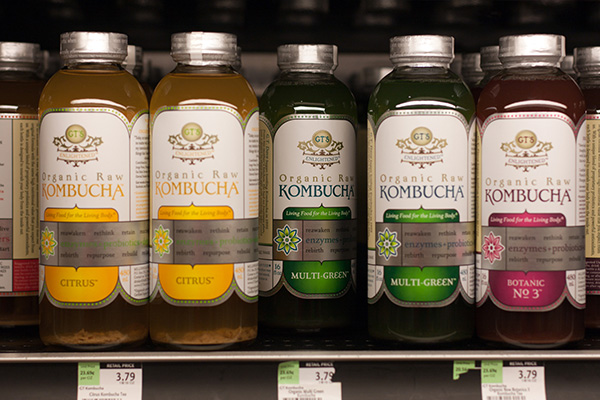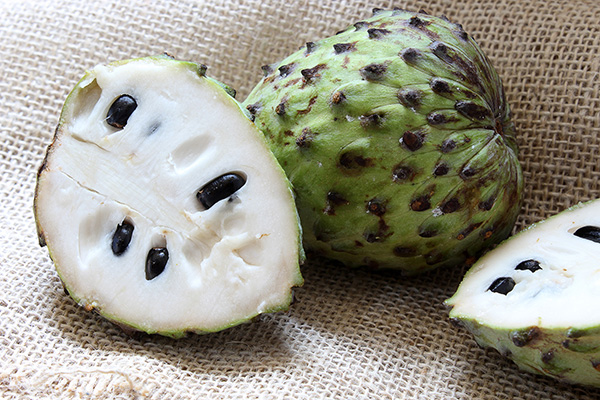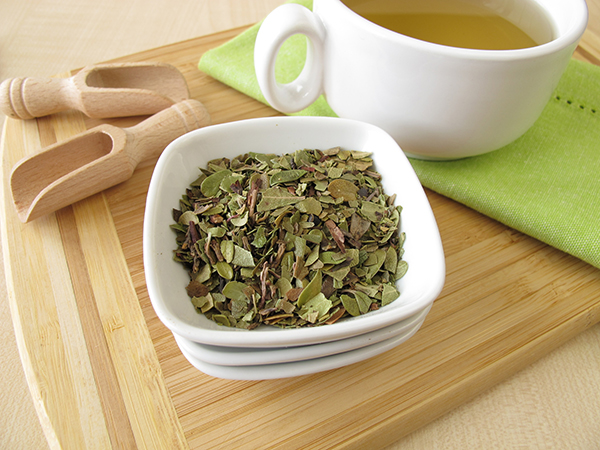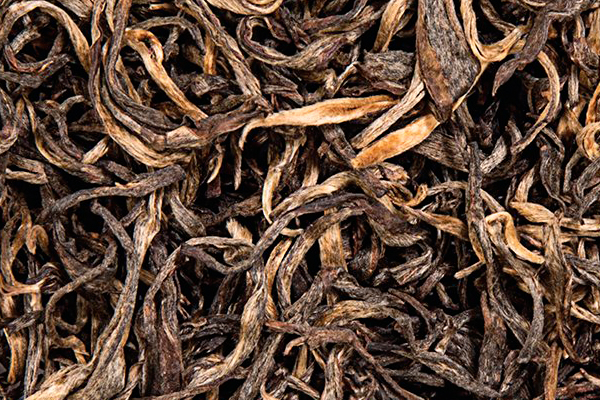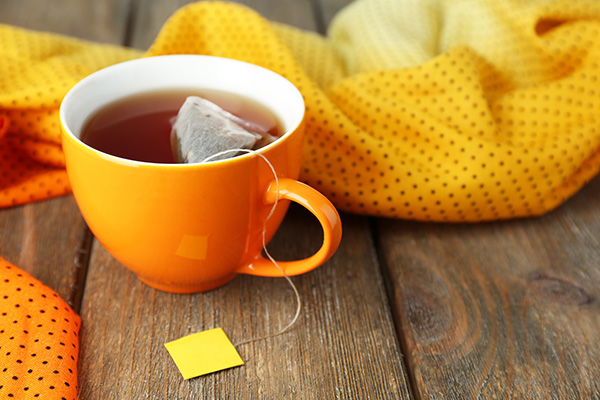Does Tea Make You Poop?
Tea is a popular beverage consumed by millions of people worldwide. Its rich flavors, enticing aroma, and potential health benefits have made it a favorite amongst many.
However, a common question is, does tea make you poop? In short, tea can potentially make you poop due to its caffeine content and other components that stimulate the digestive system. However, the effect varies among individuals and depends on the type of tea consumed.

Why Does Tea Make You Poop?
Tea has several components that may contribute to its potential laxative effect.
1. Caffeine
One of the primary reasons tea could stimulate bowel movements is its caffeine content. Caffeine is a natural stimulant that can increase peristalsis, the wave-like muscle contractions that propel food through the digestive tract. By accelerating this process, caffeine may lead to more frequent bowel movements.
2. Tannins
Tannins are polyphenolic compounds found in tea and other plant-based foods, such as fruits, nuts, and wine. They are known for their astringent properties and can have varying effects on the digestive system. Some individuals may experience constipation due to the binding effect of tannins, while others may experience a laxative effect due to the stimulation of the gut.
3. Theophylline
Theophylline is a natural compound found in tea that has stimulant effects similar to caffeine. It may also contribute to increased peristalsis, which could potentially result in more frequent bowel movements.
4. Hot Liquids
The temperature of the tea you consume can also have an impact on bowel movements. Hot liquids, in general, can help stimulate the digestive system and promote bowel movements. Therefore, consuming a hot cup of tea may lead to more frequent bowel movements than drinking it cold.
Tea Types and Their Effects on Bowel Movements
Different types of tea may have varying effects on bowel movements due to their unique compositions. Here’s a brief overview of some common tea types and their potential impact on digestion:
Green Tea
Green tea is known for its numerous health benefits, including aiding digestion. It contains a lower caffeine content than black tea, which may result in a milder laxative effect. Green tea also contains catechins, which have been shown to have anti-inflammatory properties that could potentially help alleviate constipation.
Black Tea
Black tea has a higher caffeine content than green tea, making it more likely to stimulate bowel movements. However, it also contains higher levels of tannins, which could potentially lead to constipation in some individuals.
Oolong Tea
Oolong tea is partially fermented and falls between green and black tea in terms of oxidation. It contains a moderate amount of caffeine and tannins, which could lead to varied effects on bowel movements depending on individual sensitivities.
Herbal Tea
Herbal teas, such as peppermint, chamomile, and ginger tea, may help soothe the digestive system and promote bowel movements. They are caffeine-free, making them suitable for individuals who are sensitive to caffeine.
Individual Responses to Tea
It’s essential to note that the effects of tea on bowel movements can vary from person to person. Factors such as individual sensitivities, pre-existing medical conditions, and diet can influence how your body responds to tea. Some people may find that tea helps promote regular bowel movements, while others may experience no change or even constipation.
Also, it’s important to note that not all teas are created equal; some may be more effective than others in alleviating constipation.
Like any beverage or food, it’s important to consume tea in moderation. Drinking excessive amounts of tea, particularly those with high caffeine content, can lead to side effects such as dehydration, stomach cramps, and diarrhea.
To enjoy the potential health benefits of tea without negative consequences, it’s advisable to limit your consumption to a few cups per day.
Conclusion
Tea may indeed make you poop, but the effect can vary depending on the type of tea, individual sensitivities, and other factors. Caffeine, tannins, theophylline, and hot liquids all play a role in influencing bowel movements.

